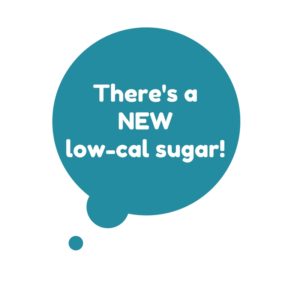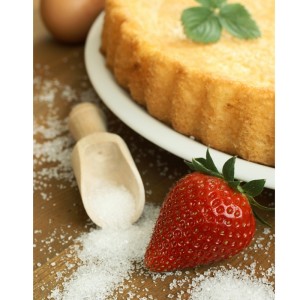Let’s face it – some crave it more than others, but we all love sweet! When we go to the grocery store, we often look out for sweet-tasting foods and beverages to help satisfy our sweet tooth. But with rising consumer concerns about obesity and diabetes, it is essential that products be reformulated to meet consumer demand fo r low-sugar products while not sacrificing on taste.
r low-sugar products while not sacrificing on taste.
Sugar is a unique sweetener with distinct characteristics which can set it apart from other sweeteners. Some of these characteristics include mouthfeel sweetener properties, bulking, texture, crystallization and browning effect.
So how is one to reformulate products without losing that sweet taste we all crave? One option is allulose, a low-calorie monosaccharide with a taste similar to regular sugar. Allulose has a similar texture as compared to sugar and performs like sugar in many applications, including browning when used in baking. Like sugar, allulose can also add bulk and be used when combining sweeteners.
Allulose has about 90% fewer calories than regular sugar, making it a good choice in products that offer partial or total sugar replacement. It is also about 70% as sweet as regular sugar. Allulose can be used in a wide variety of products, including:
- Baked goods
- Protein bars
- Frozen dairy desserts, such as ice cream and soft serve
- Carbonated and non-carbonated beverages
- Chewing gum
- Gelatins, pudding and fillings
- Hard and soft candies
- Jams and jellies
- Salad dressings
- Yogurt, including frozen yogurt


 e non-glycemic. Furthermore, when tested with other carbohydrate foods within a meal, it was actually found to suppress their glycemic response. This has the potential to have major implications for improving the palpability of diabetic foods and oral medications with a focus on blood sugar management.
e non-glycemic. Furthermore, when tested with other carbohydrate foods within a meal, it was actually found to suppress their glycemic response. This has the potential to have major implications for improving the palpability of diabetic foods and oral medications with a focus on blood sugar management.

